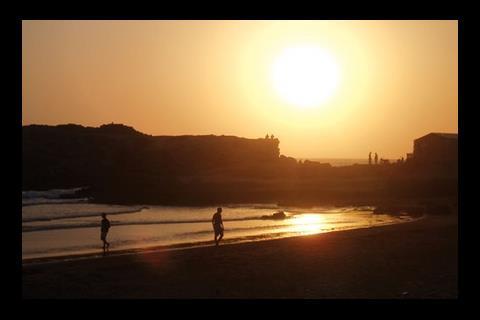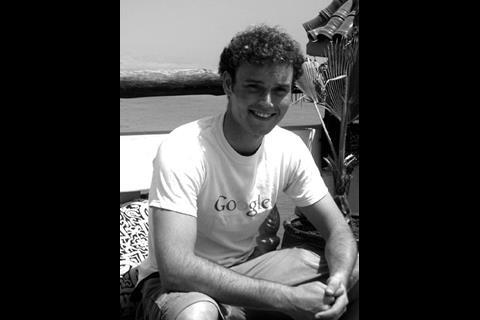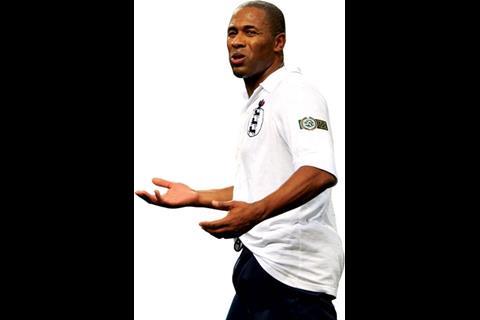24-year-old James Bailey just couldn’t get enough of the sun, sea and surf in Morocco, so 18 months ago he ditched his City job to try and make waves as a property developer near Agadir. Emily Wright finds out how he’s getting on
You started out in London doing marketing. How did you end up here?
I wanted to invest in property but felt the timing was wrong in London, so I looked at other options. Turkey, Bulgaria, Egypt and Tunisia were on the shortlist ‚Äď and Morocco. I came here to Taghazout, a small town just north of Agadir, around the same time and within a week I had put a deposit on the apartments that I run my company Surf Berbere from.
How did you get the money?
I was lucky. I must have charmed the owner because we negotiated a very, very good price ‚Äď ¬£200 for three apartments! I put it on my credit card ‚Ķ
That was a year and a half ago. What are you doing now?
Developing the Prince’s Club, a tennis club on a 7ha site with a boutique hotel, apartments, a nightclub and a traditional Moroccan hamman, outside Agadir.
Normally developers see tennis courts like swimming pools: a way to boost sales of the villas and apartments. But we want a club where everything is equally weighted. The hotel is being modelled on the North American Racquets Association clubs. The nightclub will rival Pasha in Marrakech.
Again, what about funding? Is the rent from the apartments enough?
We are talking about more money than what I make from apartment rentals here! I do have a nest egg but it‚Äôs sadly been depleted. But I also have interest from investors ‚Äď we are in talks at the moment, but that‚Äôs all I am prepared to say at this stage.
Who are you working with?
FT2 Architects, which is based in London and doing all the design. The company’s founder is a former world champion rackets player. I have also been liaising with a structural engineer here in Morocco, but in terms of a contractor we have not yet put the project out to tender.
What will your eventual role be on the project?
The resort is my idea but I need help to make it happen. The more people involved, the more I have to relinquish ownership. I will be closely aligned to the running of the club, though there is still a way to go before that is thrashed out.
What is the cost and timescale of the project?
A QS report in the UK threw up a figure of about £20m. We are looking to start building in January.
What’s it like doing business in Morocco?
The process of getting land has been quite long and drawn out. I applied for land that had been zoned as national forestry territory, which has meant there it had been delayed by almost a year as it has had to be rezoned. The lifestyle out here is relaxed and the standard hours of work are 9am to 4pm, with a good couple of hours for lunch. If you want something to happen fast you need help from above. Luckily I have contacts in high places.
I must have charmed the owner because we negotiated a very, very good price ‚Äď ¬£200 for three apartments! I put it on my credit card ‚Ķ
Who are these contacts, and how are they helping?
I used to be a tennis coach, so I knew who to approach. Mohammed M‚ÄôJid for one ‚Äď he is in his nineties and is known as the father of Morocco. He has advised three generations of kings and is the president of the Moroccan Tennis Federation. He can contact anyone here and demand an audience. In a country that has more presidents and vice-presidents than road cleaners that‚Äôs quite something. I also work closely with Abderrahim Moundir, the Moroccan Davis Cup captain who has helped with all the lobbying. He introduced me to the Moroccan ministers for sport, finance, agriculture and fishing and many other important government figures.
Do you get nervous meeting people like this?
I believe in what we’re trying to achieve, which makes the process easier. I have talked through the project with hundreds of people in English and French and having support from authorities makes it less daunting.
Is being only 24 ever a problem?
Being young sometimes holds me back in terms of how others perceive me, but I get round this by involving more grey heads and experts than I would if I was older. Being young also has advantages ‚Äď it makes you bolder and that‚Äôs how things get done.
How much potential is there in the Moroccan market?
In a year I have seen huge progression in building and development. Since September 2007, investment in the Moroccan economy has grown 32.9% despite the credit crunch.
I can only see this continuing. I recently showed a group of Pakistani investors around. They wanted to plough their cash into Dubai but within three days they were convinced Morocco was a real contender instead. Investors from Saudi Arabia, Kuwait, France, and now the UK are all arriving in droves. The surge is a result of the new open policies introduced by the king. These have allowed foreign ownership of land, easy access to finance and open administrative procedures, with all foreign investment going through regional centres. It also helps that it is a tolerant society ‚Äď in traditional Muslim countries alcohol is not allowed and women have to be covered up. Come to Morocco and you can enjoy drinking wine in a restaurant and surf in your bikini.
What kind of developments are you seeing in Morocco at the moment?
Tourism and leisure are the fastest growing areas, as Europe and the rest of the world is realising what Morocco offers. There is also a growing middle class of Moroccans who can afford luxury holidays and leisure facilities.
What do you love about the country?
The weather is perfect all year round! Plus Moroccans are open and friendly and I get to surf most weeks. I couldn’t ask for more.
What do you miss about home?
Seeing my friends, roast beef and, actually, the British summer ‚Äď surfing in Cornwall, Wimbledon, a sunny Sunday in a beer garden. At home we complain, but you miss it when you‚Äôre away.
Who inspires you?
I am heavily into sporting heroes. Roger Federer is an absolute genius ‚Äď watching him play on grass is a masterclass. Also Bjorg, Lineker, Hoddle, Waddle, Les Ferdinand, Beefy Botham and Graeme Hick.
Postscript
Original headline 'So moorish'

































No comments yet